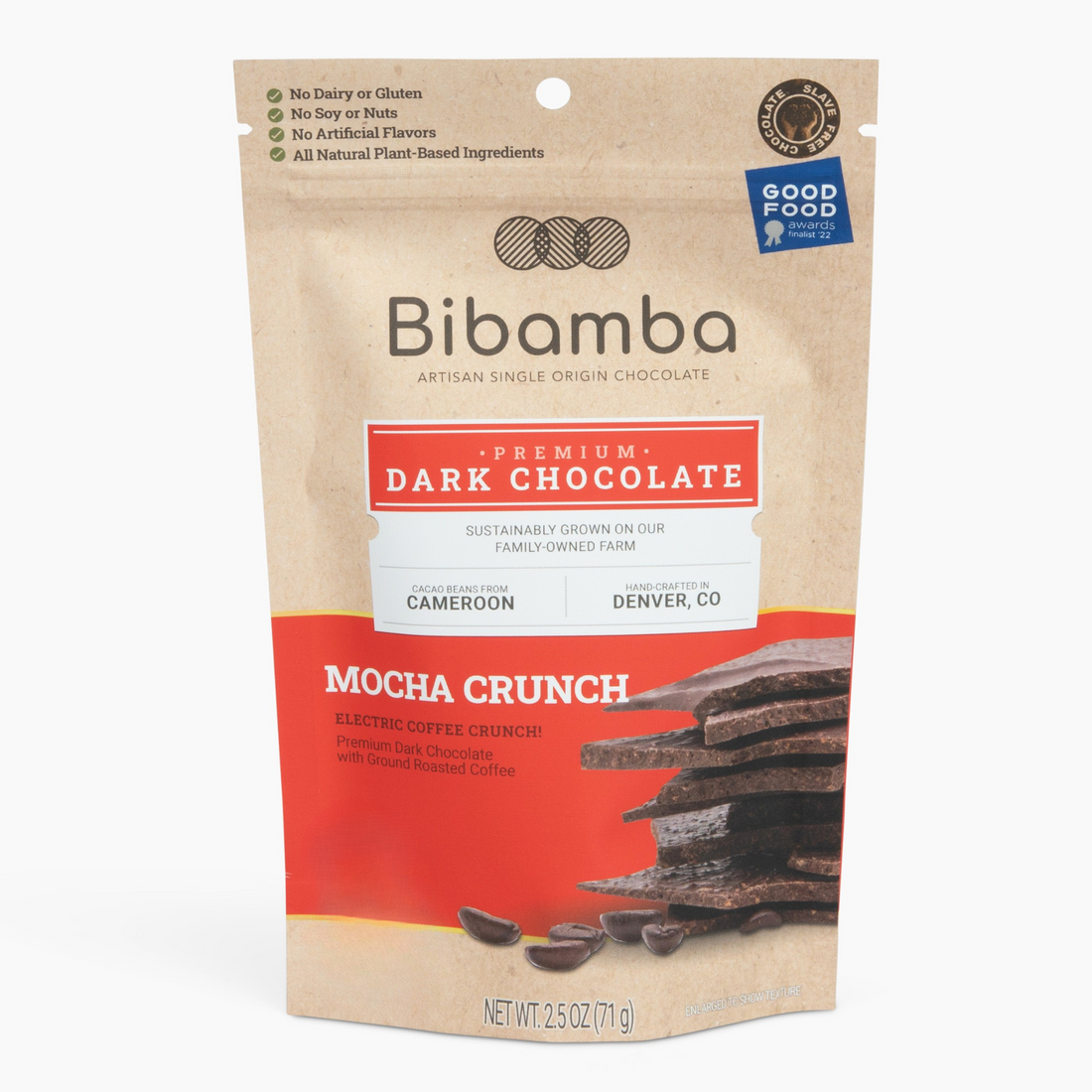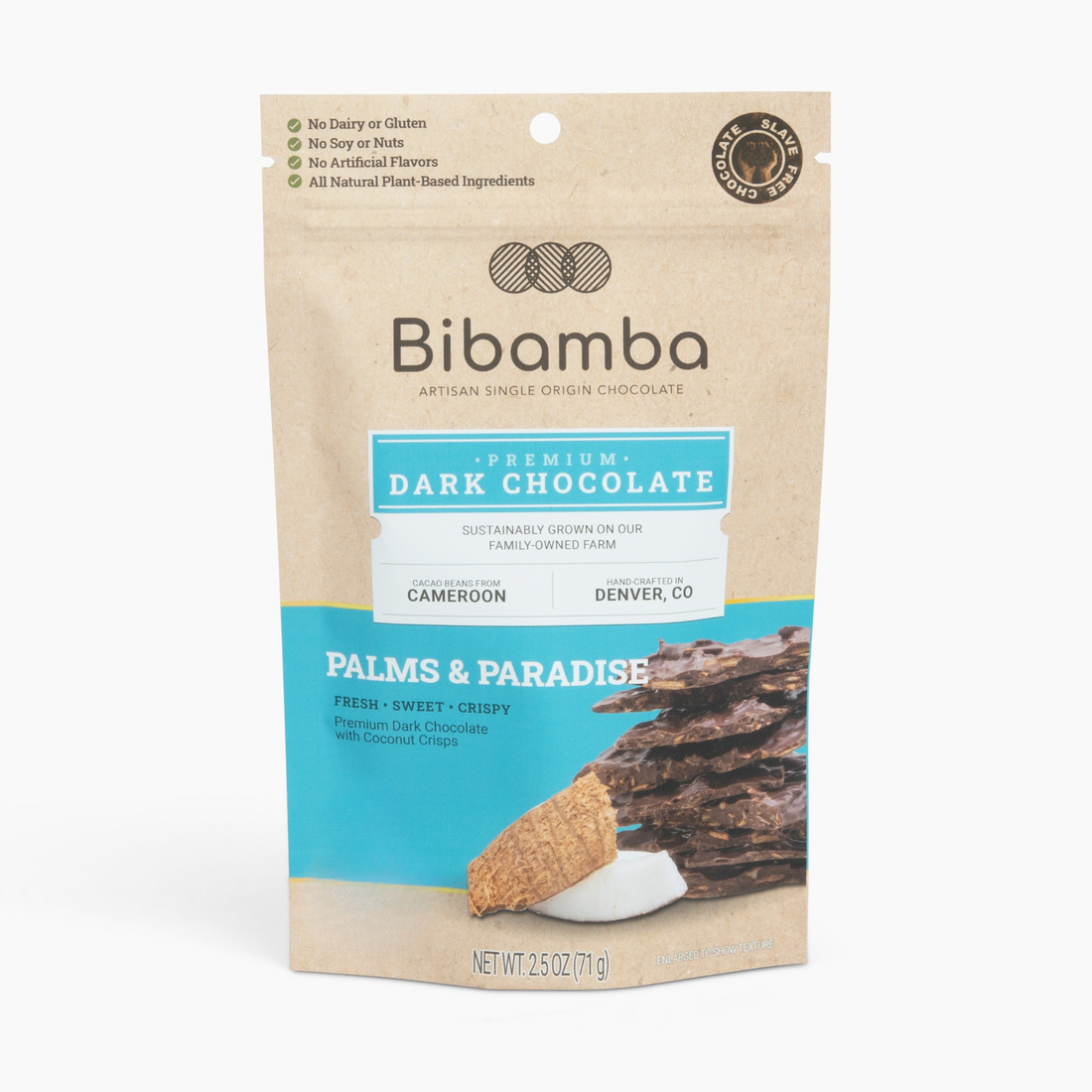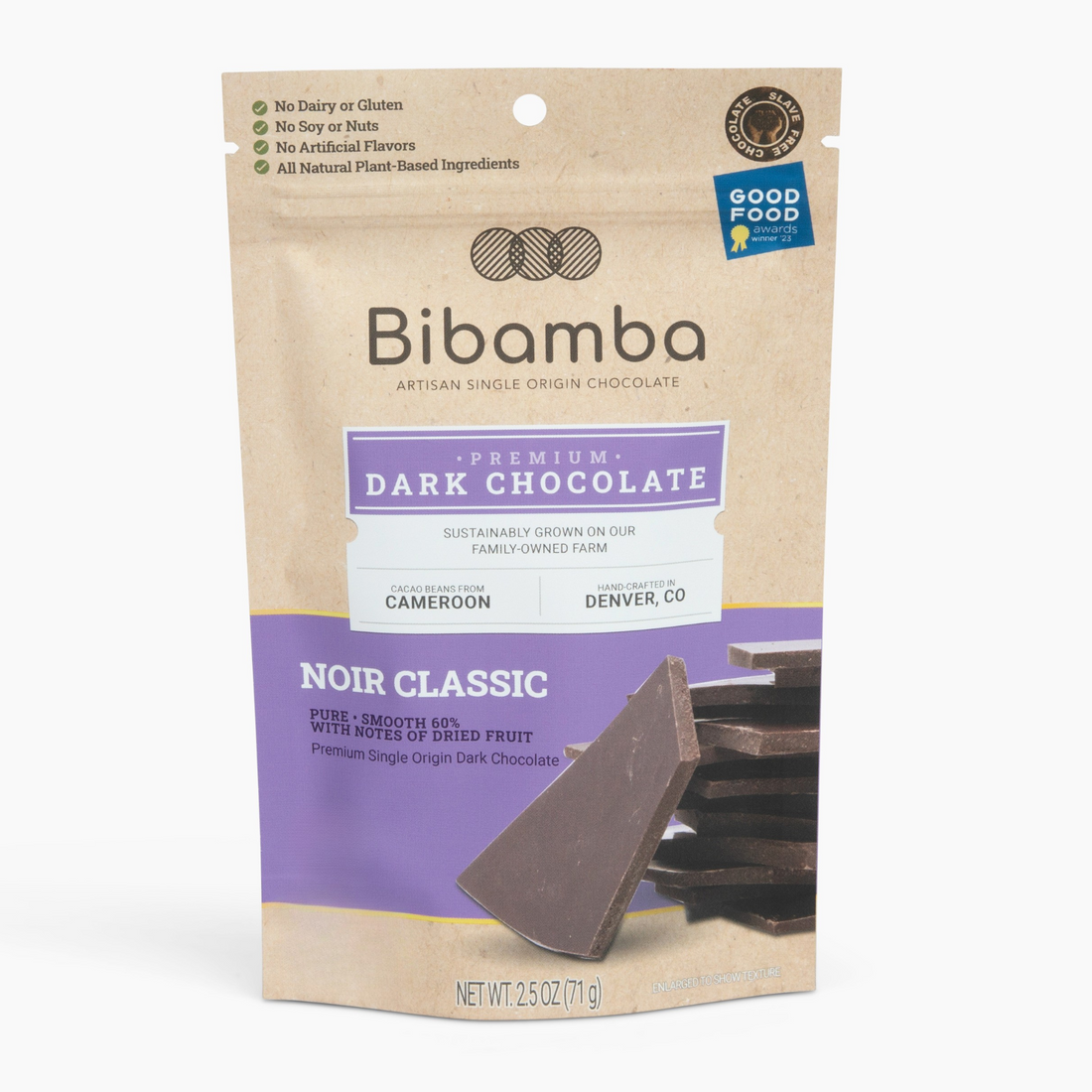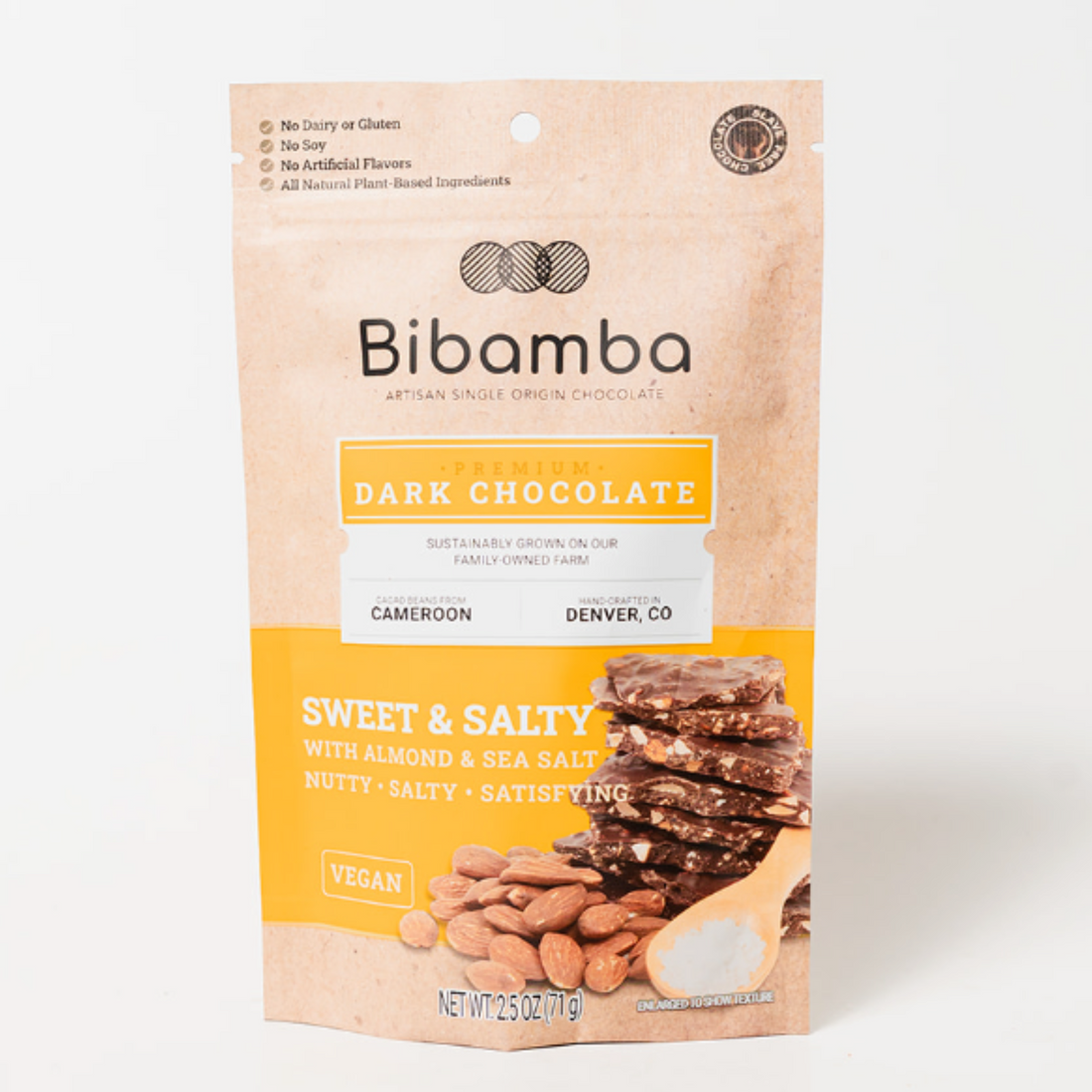
Our Passion
Climate Change and Chocolate: How Modern Science Can Make Cacao Farms More Sustainable
Climate change is expected to cause a significant shortage of chocolate products in the coming decades. Rising temperatures, drought, and deforestation can have a severe impact on crop yields and worsen conditions for farmers who were already struggling to make ends meet.
Meanwhile, consumption of chocolate has risen dramatically, especially in emerging economies where the growing middle class aspires to a Western lifestyle. This imbalance in the supply-and-demand cycle means that chocolate could become a luxury item unless production increases.
It’s not too late. Change starts with knowledge and action. Village cacao farmers have applied traditional knowledge to help slow down climate change and adapt to decreasing availability of water. A combination of modern scientific solutions along with traditional knowledge and techniques could be the answer for those farmers.
Here’s a closer look at the constraints on cacao production and how modern approaches can improve sustainability and production.
Why Cacao Farming Is at Risk

Cacao can only be grown near the equator and requires specific temperatures and rainfall for growth. Africa produces more than 70% of the world’s cocoa; Cameroon, where Bibamba’s farm is located, is the 5th largest cocoa producer in the world. Climate change hits these regions hardest.
While Africa contributes the least to global warming, its agriculture is the most vulnerable. According to the International Centre for Tropical Agriculture (CIAT), rising temperatures are expected to drastically reduce cacao production in Ghana and Ivory Coast, the two countries which produce 53% of the world’s cacao. The CIAT forecasts a two- to three-degree Celsius temperature increase by 2050. Because of these higher temperatures, cacao trees might not be able to find the needed water for their normal growth, reducing production.
Indonesia, the world’s third largest cacao producer, has a different problem. Climate change increases humidity there, allowing the growth of mold and insects that can adversely affect cocoa trees.
Traditional African Solutions for Sustainable Farming

In countries like Cameroon, agricultural knowledge has been handed down from generation to generation. Indigenous farmers closely observe the surroundings, allowing them to identify and adapt to changes sooner. In Cameroon for example, the flowering of certain plants, the mating of certain animals and the appearance of certain birds have signaled time and season changes.
In many African countries, intelligent biodiversity has been used to limit climate variation so that if one crop is affected, another can be produced. In fact, the farmers plant many varieties of crops with different levels of vulnerability to drought and flooding. Biodiversity is another practice that increases sustainability. Planting other crops and trees that will provide natural shade to cacao protects vulnerable crops from withering under intense sun. It also allows farmers to collect rainwater and use it for farm irrigation, reducing the impacts of harsh drought.
Modern Innovations to Support Cacao Farmers

A combination of traditional practices and modern techniques could be the path forward. The vast majority of cacao farmers in Ivory Coast, Ghana, Indonesia, Cameroon and Nigeria are financially limited, so it is important to design adapted solutions, as it will be cheaper and more efficient.
A better system of weather forecasting will be the starting point. Then integrated crop-livestock management, optimized crop diversification, and the use of crop varieties could be feasible and helpful. It involves implementing farming practices that are drought tolerant and take advantage of water and temperature conditions. Cacao crop management can help ensure that the critical growing step does not coincide with the harshest time of the season. Modifying the length of a growing period and changing planting and harvesting dates could be achieved through good management of cacao farming. Mulching and improved water management could be part of the overall approach.
Bibamba's Commitment to Sustainable Chocolate
Bibamba was created as a way to make cacao farms more sustainable and help Cameroonian farmers and their families thrive. Our family farm offers fair-wage jobs, opportunities for women, and access to technical education to meet the growing demand for cocoa and boost the shrinking supply. We also aim to contribute to more food security in Cameroon by integrating food crops that provide shade and nutrients for the coffee and cocoa.
Thank you for helping create a sustainable future for chocolate and our precious earth!






